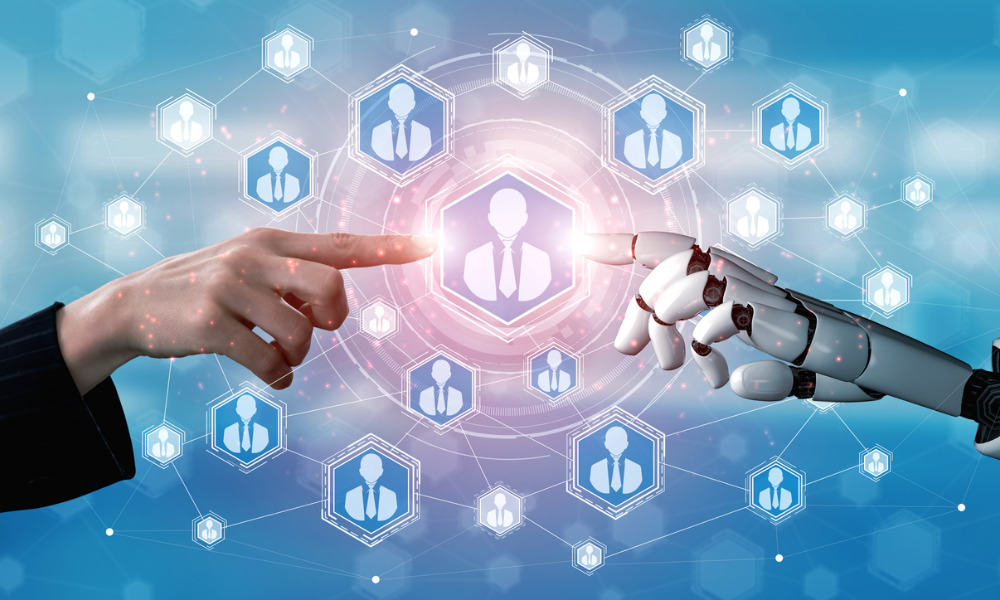
With disruptions like the pandemic taking the forefront, are leaders still on track with critical long-term strategy?

Despite short-term disruptions in this VUCA world, the ‘future of work’ is fast looming – is HR ready for the “fundamental change” in the way we work?
According to a report commissioned by Automation Anywhere, the future workforce will increasingly be a mix of humans and bots working together. This will drastically change the way work is done – how it’s done, who’s in charge of which tasks, and workflow.
Besides a rise in the use of AI technologies, automation in the form of RPA will see even steeper adoption rates at workplaces, regardless of sector, found IDC, which conducted the study.
While RPA is fast becoming a buzzword, what exactly is it? And how will it impact HR?
Robotic process automation (RPA) is the use of software with artificial intelligence and machine learning capabilities to handle high-volume, repeatable tasks. Examples of what RPA can manage include queries, calculations, and maintenance of records.
RPA is thus ideal for tasks like employee data management and payroll processing, found IDC.
They also found that as RPA becomes more “mainstream”, organisations are deploying massive amounts of bots to “perform both routine and sophisticated tasks”.
“However, deploying RPA is not without its challenges as it requires process redesign, change management, reskilling and redeploying efforts,” the report wrote.
“In addition, organizations are grappling with having to manage different bots or AI platforms and concerns around privacy, security and compliance.”
So how can HR build a sound RPA strategy and get the organisation future-ready?
The study suggested considering these key questions when developing a strategy:
To get more insights and essential tips on how to get the workforce future-ready, click here.